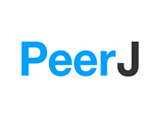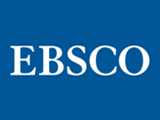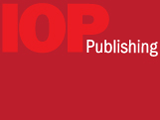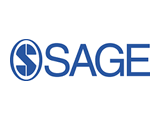In co-sponsorship with the American Library Association (ALA), EBSCO has awarded seven librarians $1,000 scholarships to attend the ALA Annual Meeting in Chicago, June 27– July 2, 2013. As part of the application process, librarians were asked to write an essay on the topic of how attending the conference will contribute to the librarians’ professional development.
The EBSCO ALA Annual Conference Sponsorship is an annual award consisting of $1,000 for actual reimbursed expenses designed to allow librarians to attend the ALA Annual Conference. The scholarship recipients will be honored by EBSCO and ALA representatives during the conference at a breakfast on Sunday, June 30, 2013.
The scholarship winners, including two first time attendees and two Emerging Leaders, are:
· Jannie R. Cobb, Librarian, National Labor College, Silver Spring, Md.
· Nancy Condon, Member Library Services Librarian, Uncle Remus Regional Library System, Madison, Ga.
· Sara Arnold-Garza, Residency Librarian, Albert S. Cook Library, Towson University, Towson, Md.
· Elizabeth Kahn, School Library Media Specialist, Patrick F. Taylor Science & Technology Academy, New Orleans, La.
· Caitlin Moen, Catalog Librarian, LAC Group, Metairie, La.
· Hannah Q. Parris, Access Services Librarian, Johnson & Wales University, Denver Campus Library, Denver, Colo.
· April Wallace, Director, Pinson Public Library, Pinson, Ala.
Sara Arnold-Garza from Towson University says the scholarship will help her make the most out of being named an ALA Emerging Leader, “As a member of the 2013 class of ALA Emerging Leaders, I’ll receive leadership training, meet other new professionals who are enthusiastic and engaged, and connect with the opportunities for professional success afforded by ALA.”
Applications were judged by an ALA-designated jury: jury chairman Julius C. Jefferson Jr., information research specialist, Library of Congress, Washington, D.C.; Stacy L. Creel, assistant professor, University of Southern Mississippi, Hattiesburg, Miss.; Elizabeth Nelson, knowledge analyst, UOP LLC, Woodstock, Ill.; Elizabeth M. Williams, information literacy librarian, Belk Library, Appalachian State University, Boone, N.C.; and Courtney L. Young, head librarian and associate professor, Kelly Library, Penn State Greater Allegheny.
EBSCO is dedicated to supporting the professional development of librarians around the world and has a long tradition of co-sponsoring scholarships to ALA conferences, providing funds for conference registration, travel, and expenses.
































